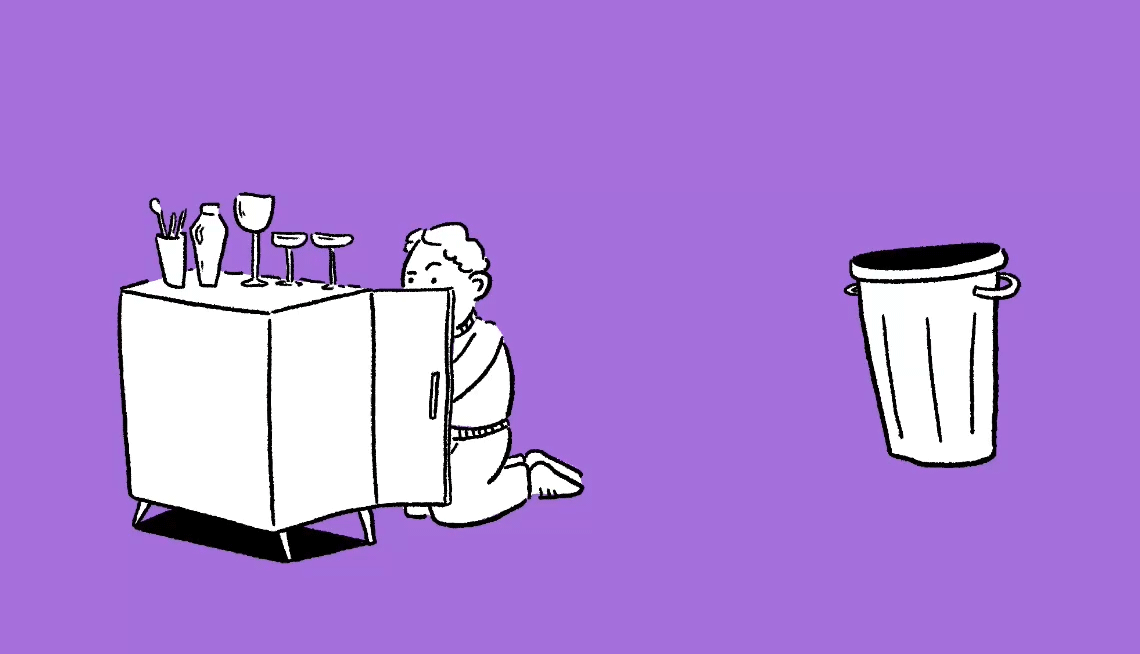AARP Hearing Center


Many of my friends stop drinking for the month of January. Are you a fan of Dry January? Is it good for the body to take a break from alcohol? Any tips about sticking with it?
I think it’s great, but it doesn’t necessarily have to be just Dry January. I love the idea of giving your body a break from things that aren’t good for your health and often suggest to my patients that they take a vacation from certain habits. For instance, I might say “Give yourself a carbohydrate-free, sugar-free or smoke-free week.”
When you set a limit, whether it’s for a week or a month, your goal becomes attainable. If you were to say: “I’m giving up alcohol for the rest of my life," well, that might be a real challenge. But as it turns out, more folks than ever are choosing a Dry January. I read data from last year that showed 27 percent of U.S. adults 21 years and older said they were “very likely” to cut out alcohol in January, and 22 percent said they were “somewhat” likely to do it. That was 16 percent more people than in 2023.
There are guidelines that can help your chances of sticking to the challenge. First, plan on doing it when it’s most convenient for you. January is a good time to abstain for a lot of people because it not only follows the holiday season when most of us have had our fill of drinking, but it’s also the time of year when socializing slows down. And of course, it's when we make resolutions.


Ask Dr. Adam
Adam B. Rosenbluth, M.D., is an internist and cardiologist in New York City. Each Monday, he’ll weigh in on your questions about how to make your body work better for you. His AARP book will be published in 2027. Join in on the conversation on social media @dradamrosenbluth to learn to move the needle on your personal health in an achievable way.
The next step is to let friends and family know about your decision. On that note, I suggest you rehearse a polite but definitive way to turn down a drink. Some well-meaning hosts can get pretty insistent. It may also be a good idea to bring along your own nonalcoholic beverages to social gatherings.
Another strategy is to replace what you’re giving up with something new. Let’s say you’re used to coming home from work and relaxing with a cocktail, or you’ve made it a habit to pour a drink as the sun sets. What can you do instead? Some of my patients have started meditating for 20 minutes or going for a walk. One guy got into cooking for the first time in his life. His dinners, he’s told me, are now five-star.
I also suggest to my patients who have partners that they ask them to join in the challenge. It offers the opportunity for a couple to experience the health benefits of giving up booze together.




































































You Might Also Like
Smart Guide to Dry January
34 tips to help you start the New Year on sober footing
Try These Tips for Living a Healthier Life
Small changes can add up to big mental and physical results
9 Daily Habits for Healthy Aging
Everyday choices can impact how well you age